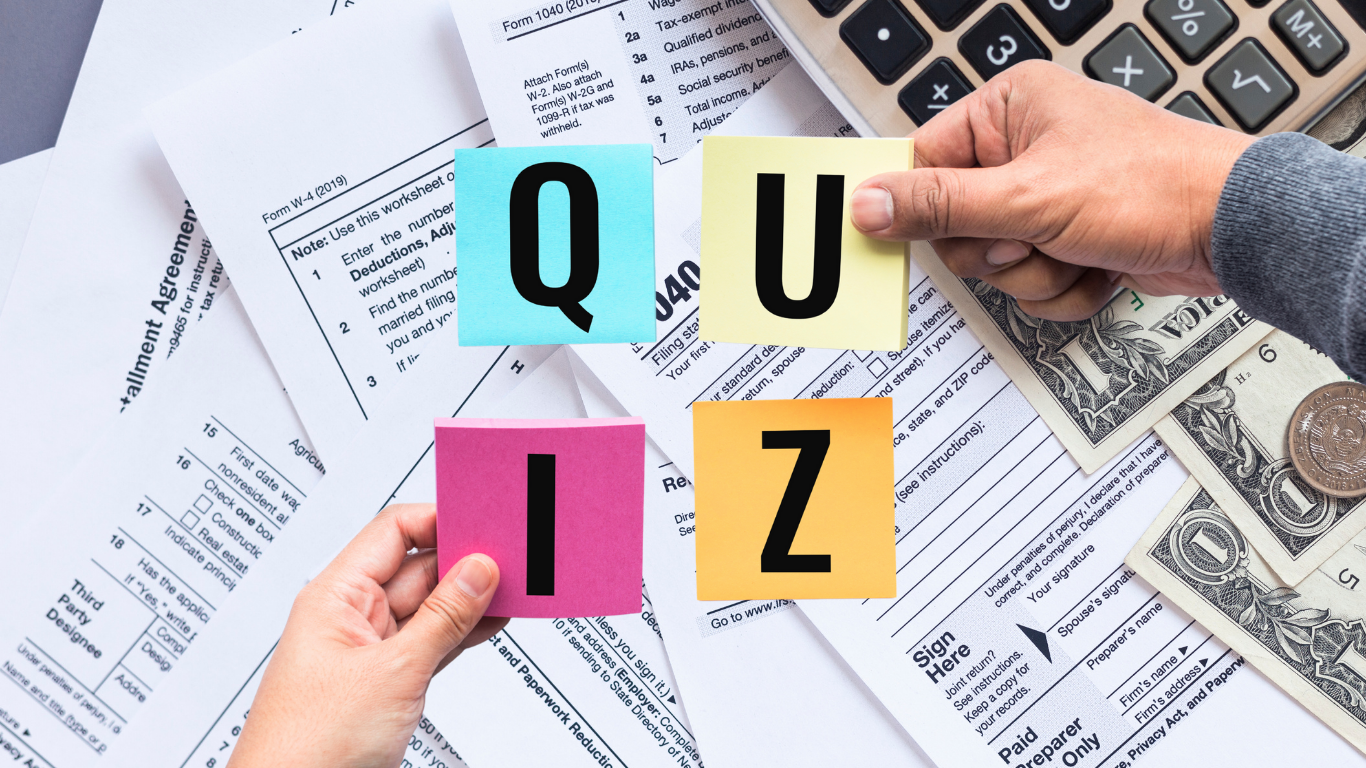
What Will You Owe When You Withdraw from Your 401(k)?
The One Thing Nobody Warns You About Retirement
It’s been decades since you started stashing away money in your 401(k). It’s continued to grow, and now you hope to use it one day in your older age. However, the reality is that the IRS will take a cut.
Withdrawals Are Taxed
A traditional 401(k) is designed so that you don’t have to pay taxes on contributions, but only pay taxes on the funds you withdraw. All withdrawals are considered taxable income, no matter your age.
Whereas a Roth 401(k) requires you to pay taxes upfront, withdrawals are typically not taxed, but this is only if certain conditions are met.
The Biggest Mistake Retirees Make With 401(K)
Many people decide to buy a new car, go on that vacation, or remodel their home to celebrate their retirement. However, they are ultimately slapped with a huge tax bill for the withdrawals from their 401(k).
Required Mandatory Withdrawals for Ages 73+
Required Minimum Distributions (RMDs) require that, starting at age 73, you must withdraw money from your retirement accounts each year.
If not, you could encounter high penalties for failing to withdraw funds.
The minimum required amount is calculated by dividing the account's balance from last year by the life expectancy factor set by the IRS.
How to Plan in Retirement
- Minimize large withdrawals to prevent jumping tax brackets
- Stagger withdrawals across multiple years
- Consider a Roth conversion in low-income years
- Consult a tax advisor to budget for retirement and estimate your “spendable” income
Conclusion
Don’t let the IRS rules surprise you in retirement and ruin your golden years! Schedule a 401(k) review with us, and we’ll help you budget, plan, and minimize your tax fees.
Schedule a free consultation


